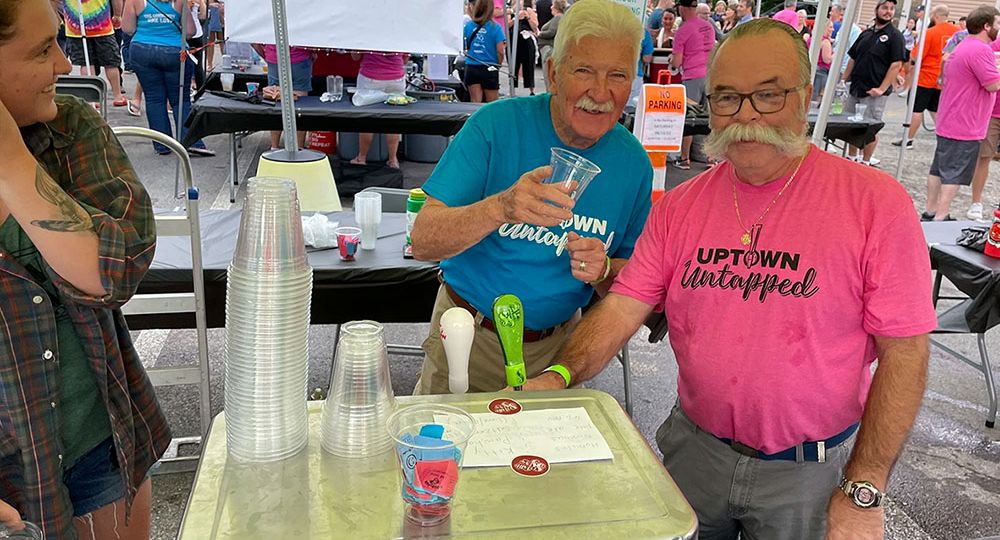
The Legacy of the Anti-Saloon League and a Town’s Historic Transformation
Westerville’s Role in the Temperance Movement
Long before Westerville, Ohio became known for vibrant festivals and craft beer events like Uptown Untapped, it held a very different title: “The Dry Capital of the World.” From 1858 to 2004, Westerville prohibited the sale of alcohol. This wasn’t just a quirky local law; it was part of a deeply rooted social and political movement that helped shape the course of American history.
The origins of Westerville’s dry status can be traced to its strong religious and abolitionist foundations. Home to Otterbein University, a school established by the Church of the United Brethren in Christ, Westerville developed a strong temperance ethic early on. In 1858, the town officially banned the sale of alcohol, well before national Prohibition became law.
The Anti-Saloon League’s National Impact
But Westerville’s place in the temperance movement was sealed in 1909 when the Anti-Saloon League (ASL) moved its national headquarters to the city. More than just a political action group, the ASL was the most effective and influential prohibitionist organization in American history. It didn’t rely on marches or public protests, instead it wielded power through calculated political lobbying and masterful print propaganda.
The ASL’s printing press—called the American Issue Publishing Company—churned out more than 40 tons of literature per month, making Westerville a hub of prohibitionist messaging for the entire United States. With this powerful infrastructure, the ASL played a major role in the passage of the 18th Amendment and the Volstead Act, which ushered in national Prohibition in 1920.
Repeal, Resistance, and a Modern Shift
Even after national Prohibition was repealed in 1933, Westerville held firm to its dry stance. Liquor laws remained strict, and efforts to overturn them were repeatedly defeated at the ballot box. It wasn’t until 2004 that voters finally approved the sale of alcohol in Uptown Westerville.
From Dry to Brewed: Westerville’s Beer Scene Today
Today, the town embraces its complicated legacy. The former ASL headquarters is now showcased at the Anti-Saloon League Museum in the Westerville Public Library.
Craft Beer Festivals and Modern Celebrations
Meanwhile, beer events like the Uptown Untapped Craft Beer Festival on August 9th, 2025 celebrate the city’s modern identity. A nice blend indeed!
From dry town to beer town, Westerville’s story is uniquely American: full of passion, politics, reinvention, and, eventually, a pint.
Further Reading on Prohibition and Westerville’s Legacy
Looking for a deeper dive on this topic? Check out Westerville: The War Machine of Prohibition by Joe Meyer. This coffee table book explores the city’s role in the extraordinary American story of Prohibition.

